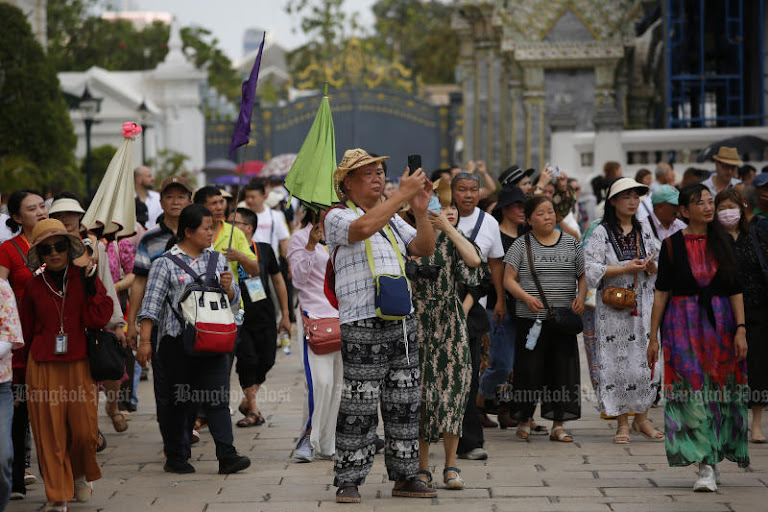Thailand Enlists Baidu’s AI to Lure Back Chinese Tourists
Thailand leverages Baidu’s AI to counter negative perceptions and attract high-spending Chinese tourists after a recent safety incident.

Bangkok—In a strategic move to bolster its tourism industry and address lingering safety concerns among Chinese travelers, the Tourism Authority of Thailand (TAT) has partnered with Beijing Baidu Netcom Science Technology Company, a subsidiary of Chinese tech giant Baidu. This partnership leverages Baidu’s extensive digital reach and sophisticated AI capabilities to reshape Thailand’s image as a secure and desirable destination.
The collaboration follows an incident involving Chinese actor Wang Xing (professionally known as Xingxing), whose disappearance near the Thai-Myanmar border in January sparked widespread concern and a wave of trip cancellations by Chinese tourists during the Lunar New Year. Although Thai authorities concluded Wang Xing’s border trip was voluntary, the incident fueled anxiety among potential visitors, highlighting the powerful role of social media and the rapid spread of information—accurate or otherwise—in influencing travel decisions.
The TAT-Baidu alliance counters this negative perception through a multi-pronged digital strategy. Baidu will deploy targeted digital marketing campaigns, using artificial intelligence to generate travel insights and curate personalized content for Chinese audiences. This personalized approach addresses specific concerns and showcases Thailand’s diverse range of safe and enjoyable experiences. Tailor-made itineraries featuring family-friendly attractions, cultural immersion programs, or luxury resorts with robust security measures will be delivered directly to potential tourists through Baidu’s vast network.
The agreement, formalized with a letter of intent signed in Bangkok on Thursday, underscores the importance of the Chinese tourism market to Thailand’s economic recovery. TAT Governor Thapanee Kiatphaibool emphasized the partnership’s objective to «promote key campaigns and attract quality Chinese travelers in 2025.» This focus on «quality» travelers suggests a shift toward attracting visitors likely to spend more and engage more deeply with Thai culture and experiences.
In 2024, Thailand welcomed over 35.54 million international visitors, including 6.73 million from China. While this signifies a tourism rebound, it falls short of the pre-pandemic peak of approximately 40 million annual visitors—a figure the Thai government aims to reach again in 2025. Tourism contributes approximately 12% to Thailand’s GDP and employs one-fifth of its workforce; reclaiming this lost ground is a national priority.
This partnership highlights the growing importance of digital technology in shaping global tourism. By leveraging Baidu’s platform, Thailand aims to address immediate safety concerns and build a stronger, more resilient tourism sector prepared for the digital age’s challenges and opportunities. This significant investment in regaining the trust of Chinese travelers—a vital demographic for Thailand’s continued economic growth—will be closely watched for its impact on restoring and strengthening the flow of Chinese tourists to Thailand.









